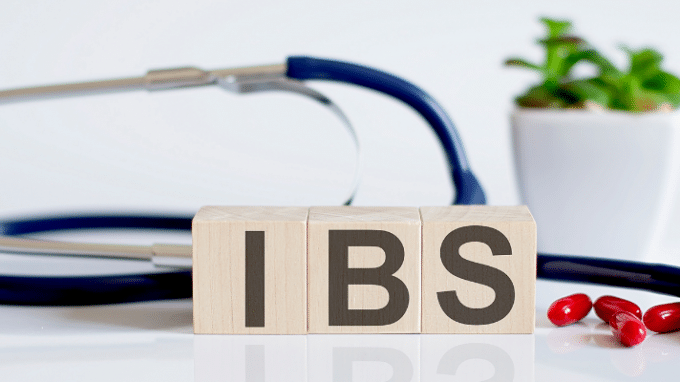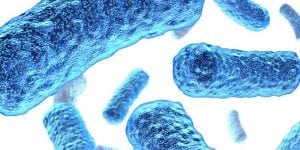Your gut health can say a lot about various aspects of your health. If you want to conceive, you should know the relationship between IBS and fertility.
Irritable bowel syndrome, or IBS, is a gastrointestinal disorder that causes abdominal pain and leads to an urgency to defecate. However, it is considered a functional disorder, which means there are no known signs of inflammation that affect other bodily organs. At the same time, IBS is believed to increase the risk of infertility due to potentially shared factors. Knowing the connections is important, especially if you are trying to get pregnant.
Endometriosis, IBS and Fertility
Endometriosis is a medical condition that affects many women. It results in endometrial tissue growing outside of the uterus and can cause infertility. However, it is not widely known why the condition can lead to fertility problems. Interestingly, women with endometriosis have a higher risk of also having IBS. While there is no direct relationship between IBS and infertility, if you have endometriosis as well as IBS, it’s important to discuss the situation with your OB/GYN and discuss any concerns you may have.
How Does Gut Health Affect Fertility?
Your gut health can affect your fertility. As a result, if you suffer from IBS, you may find that your reproductive health is not at 100%. The following are some factors to consider when thinking about IBS and fertility:
- Nutrient absorption: In order to effectively absorb the nutrients you get from your food, you need a good digestive system. Of course, you also need certain vital nutrients to support good fertility and a healthy pregnancy. Nutrients can promote healthy hormones and eggs, detoxify harmful substances that enter the body, repair tissue and curb inflammation. If you aren’t properly digesting and absorbing essential nutrients, it can adversely affect your fertility.
- Hormone balance: Good gut health can promote healthy hormone balance. Conversely, if you have digestive problems such as constipation, it can lead to improper detoxification of the hormones. The end result may be an imbalance of estrogen versus progesterone, which can make it difficult to conceive.
- Detoxification: Your digestive tract plays a large part in eliminating harmful toxins from the body. Generally, everyday toxins are processed by your liver and then eliminated through excretion. When you have poor gut health, however, your body may not properly dispose of those toxins, which can adversely affect your fertility.
Do You Need Help for Your Gut Health?
Since your gut health can certainly impact your fertility, it’s fair to wonder if you need some help. IBS and fertility can have a direct relationship, which means you might want to explore some options. At the same time, many people who don’t have any noticeable problems end up having gut symptoms. It’s helpful to note your symptoms if you are trying to get pregnant so you can speak with your doctor. Some of these aren’t even directly related to your gut but are worth noting regardless. They include the following:
- Digestive symptoms: Acid reflux or indigestion; antibiotics use within the past year; bad breath or bad-smelling gas; constipation; cramping in the lower abdomen; diarrhea; excess fullness, burping or bloating; feeling better when skipping meals; undigested bits of food in stool; urgent bowel movements after eating.
- Systemic symptoms: Asthma or respiratory issues; autoimmune conditions; chronic vaginitis or yeast infection; depression, anxiety or brain fog; dry skin with brittle nails and hair; food allergies, sensitivities or intolerances; frequent urinary tract infections; hives, rashes, eczema or rosacea; joint and muscle pain or stiffness; seasonal allergies.
Due to all of these factors, IBS and fertility may very well have a link. If you’re having difficulty getting pregnant, talk to your doctor and be open and honest. You may be able to find solutions that work well for you.





